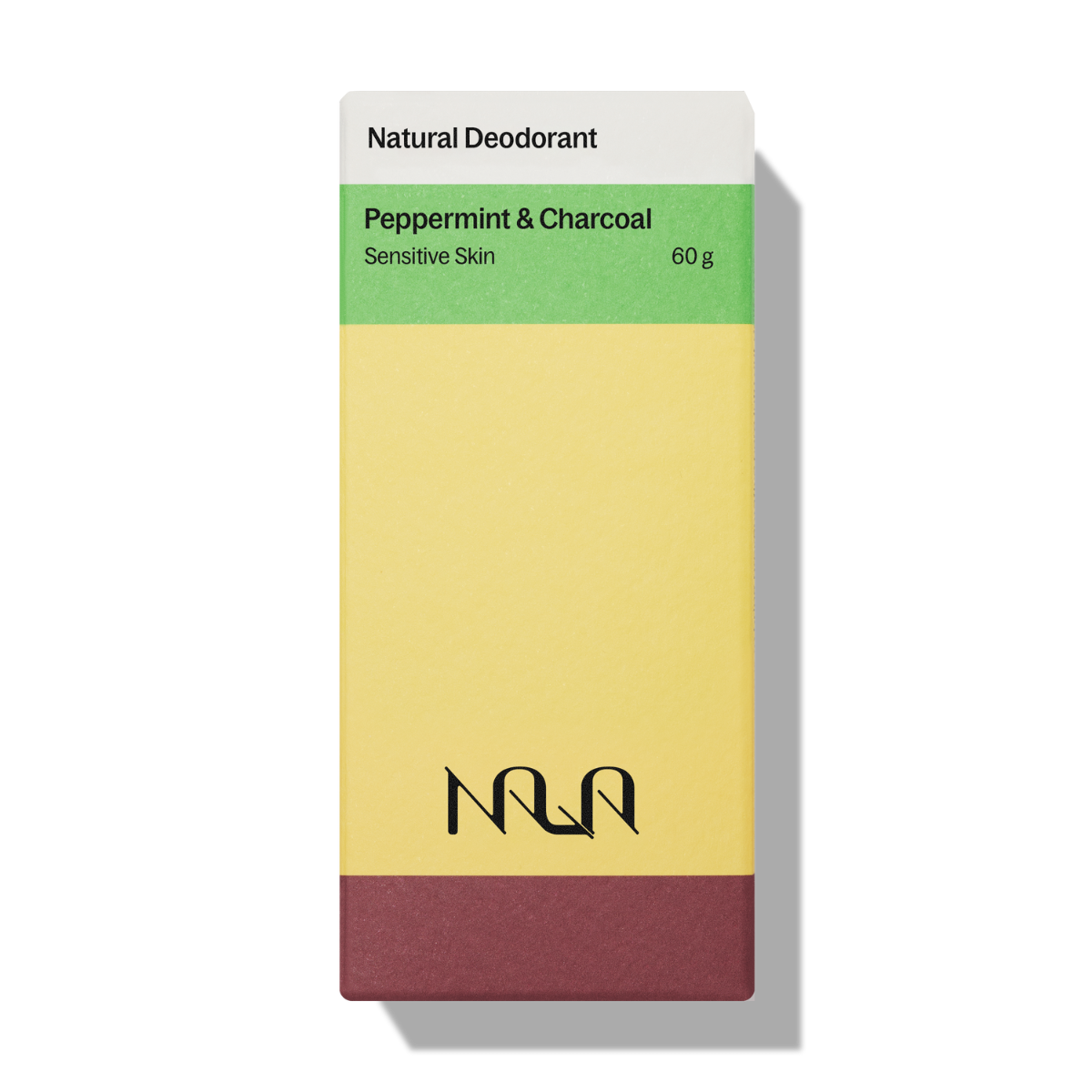
Shea Butter
Shea butter, derived from the nuts of the Vitellaria paradoxa tree, commonly known as the shea tree, has been used for centuries in West Africa as a staple in skincare and wellness. Often referred to as "women's gold" due to its cultural significance and its role in empowering local economies, shea butter serves as a deeply nourishing and protective ingredient for the skin.
Rich in vitamins A, E, and F, as well as fatty acids like oleic and stearic acids, shea butter provides intense hydration and supports the skin’s natural barrier function. Its anti-inflammatory properties make it a soothing choice for dry, sensitive, or inflamed skin, offering relief for conditions such as eczema, dermatitis, and sunburn.
Shea butter contains phytosterols and cinnamic acid derivatives, which contribute to its antioxidant properties, helping to protect the skin from environmental damage and oxidative stress. Its ability to promote collagen production enhances skin elasticity and reduces the appearance of fine lines, scars, and stretch marks.
Key Benefits:
Anti-inflammatory: Helps reduce redness, soothe irritated skin, and calm conditions like eczema and psoriasis.
Moisturizing: Deeply hydrates and restores the skin's natural barrier, improving elasticity and texture.
Healing: Supports skin regeneration, reducing the appearance of scars and promoting healthy, vibrant skin.
Fun Fact:
The shea tree, native to Africa’s savannah belt, can take up to 50 years to mature and produce its precious nuts. Shea butter production has been a traditional craft passed down through generations, playing a vital role in African culture and skincare.
INCI Name: Butyrospermum Parkii (Shea) Butter
Source:
Andersson, A. C., & Alander, J. (2015). Shea butter extract for bioactive skin care. Cosmet. Toilet, 130, 18-25.
Zhang, J., Abe, M., & Akihisa, T. (2017). Anti-inflammatory and other bioactivities of triterpene esters in shea butter. Acc. Mater. Surf. Res, 2, 127-136.
Find Shea Butter in our






